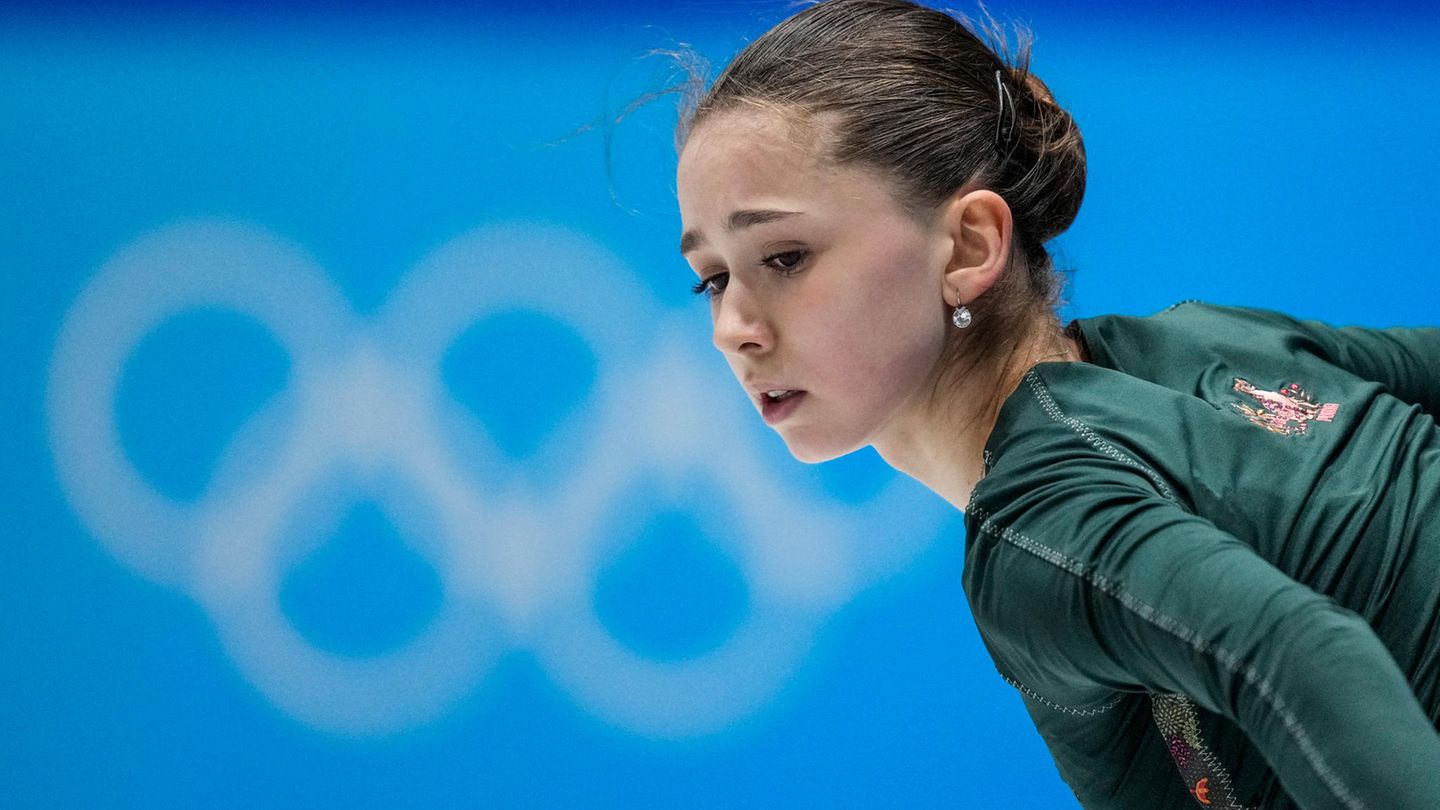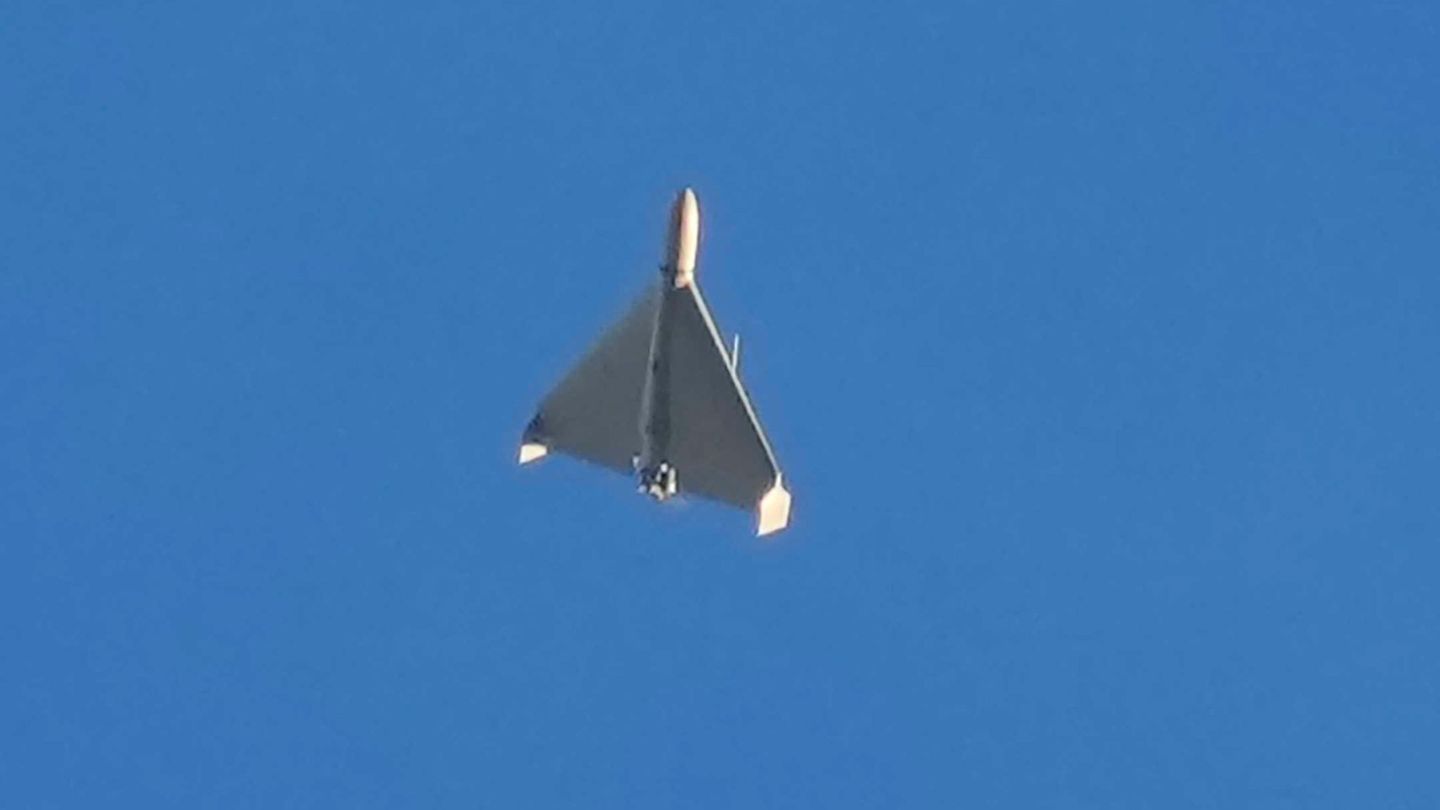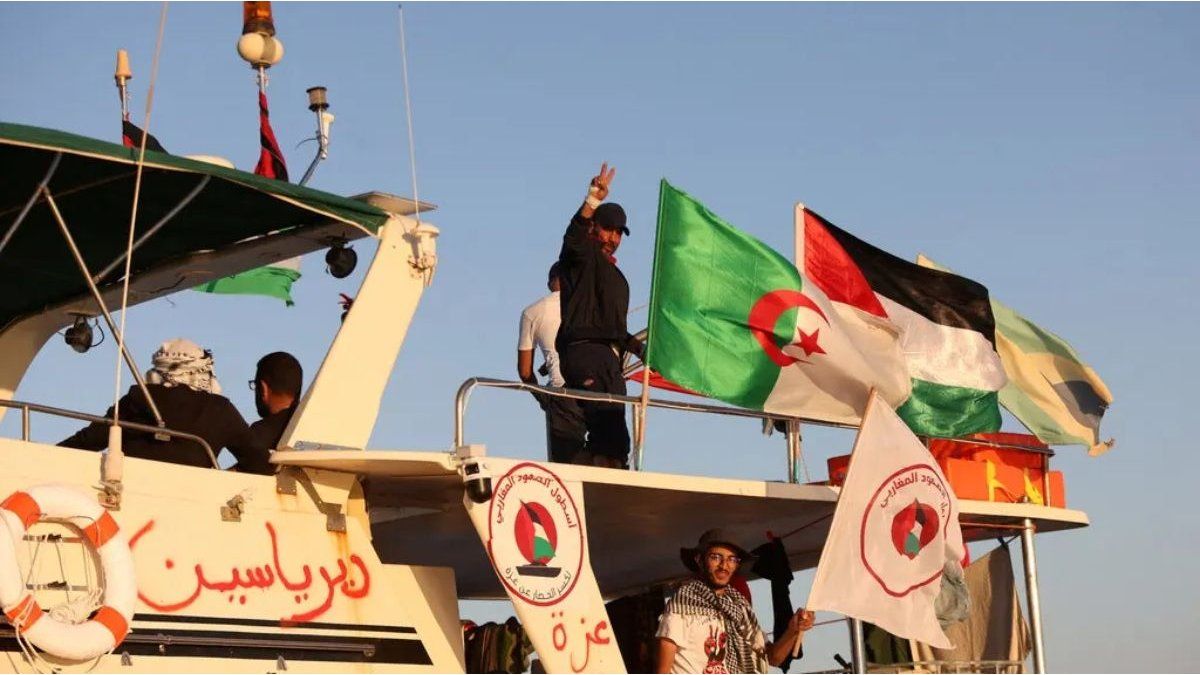In the summary proceedings of the International Court of Arbitration for Sports, the lawyers of the Russian figure skater Kamila Valiewa have given an explanation for the positive doping test of the 15-year-old. Apparently enough to cast doubt on her guilt.
According to the lawyers of figure skater Kamila Valiyeva, her grandfather’s medicine is said to have led to her positive doping test before the Olympics in Beijing. There was “contamination with a product that her grandfather took,” said IOC member Denis Oswald, citing the Russian’s lawyers on Tuesday in Beijing. This was part of Valiyeva’s defense in the summary proceedings of the International Court of Arbitration for Sports over her admission to the women’s singles, added the chairman of the Disciplinary Commission of the International Olympic Committee.
Valiyeva’s B sample not yet examined
At the Russian championships at the end of December, Valiewa tested positive for the banned heart drug trimetazidine, which stimulates the blood supply to the heart by widening the blood vessels. However, the finding only became known during the Winter Games in Beijing. In view of the age of the 15-year-old and the insufficient evidence, the Cas judges decided to give her permission to start in the women’s competition. Her lawyers “presented reasons that cast doubt on her guilt,” said IOC official Oswald. The Swiss left open how exactly the grandfather’s medicine got into Valiyeva’s body. The B sample has not yet been analyzed.
IOC: No continuation of the Russian doping scandal
Shortly after the Cas verdict, the IOC decided that there would be no award ceremony at the Winter Games if Valiyeva won another medal in the women’s singles. The medal ceremony for the team competition, in which Valiyeva led the Russians to gold, was canceled at short notice. The IOC sees no continuation of the scandal surrounding Russia’s organized sports fraud in the Valiyeva case. “It doesn’t seem to be such a situation,” said IOC member Denis Oswald on Tuesday at the Beijing Winter Games. Even if the umbrella organization does not yet know all the details about the positive test of the 15-year-old European champion, Oswald assured that they do not assume a connection to the Russian doping system of previous years.
Wada is responsible for stricter sanctions
The Swiss was chairman of a commission that dealt with the manipulations of the Russians at the Winter Games in Sochi 2014. As with the summer games in Tokyo, Russia is officially excluded from the Olympics in Beijing because of further violations. Stricter sanctions are “not in the hands of the IOC” but are a matter for the World Anti-Doping Agency (Wada), said Oswald. Wada will review and possibly expand penalties against Russia in light of developments, he added. In Beijing, the Russian athletes are not allowed to play their country’s anthem or hoist the flag. “We are following Wada’s decision,” Oswald said. At the end of the year, Russia’s two-year Olympic ban expires – and thus before the next summer games in Paris in 2024.
Source: Stern
I have been working in the news industry for over 6 years, first as a reporter and now as an editor. I have covered politics extensively, and my work has appeared in major newspapers and online news outlets around the world. In addition to my writing, I also contribute regularly to 24 Hours World.




